
Why Electrolytes Are Essential for Active Women: A Guide to Natural Replenishment
When it comes to staying hydrated, electrolytes are the unsung heroes that keep your body balanced and energized, especially for active women. Whether...
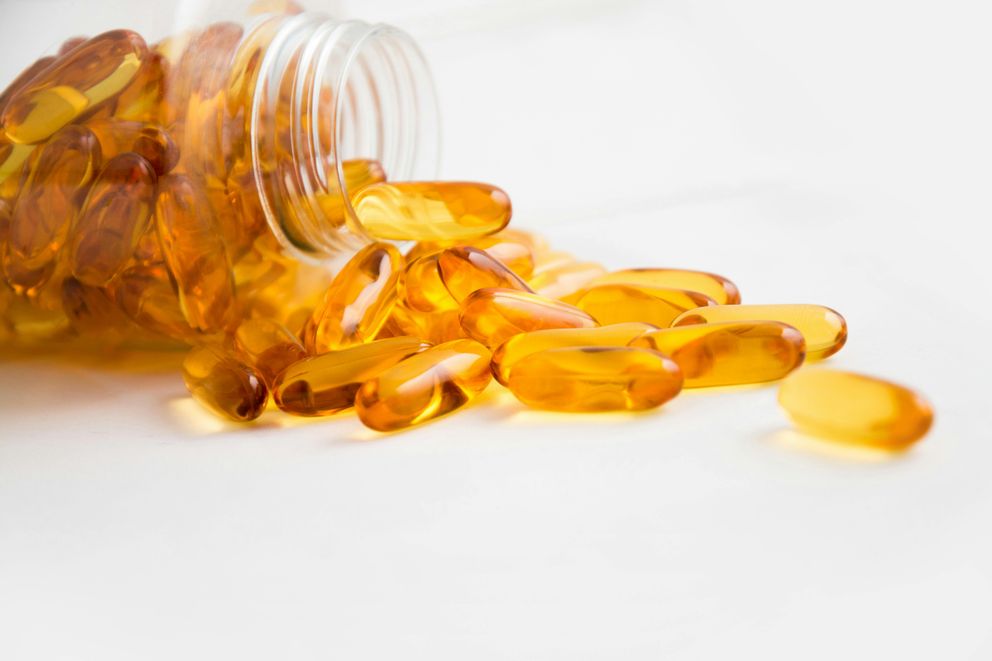
The global dietary supplement market was valued at approximately $151 billion in 2021 and is expected to reach around 230 billion by 2027, according to a report by Market Research Future. This significant growth is propelled by an increased consumer interest in health and wellness products.
However, the booming industry also presents significant risks, particularly for women, who are often the target of supplements claiming benefits like enhanced beauty, weight loss, and hormonal balance. Unfortunately, many of these products come with substantial risks due to inadequate regulatory oversight.
Dietary supplements come in many shapes and sizes, including vitamins for overall health, minerals for strong bones and body functions, herbs for wellness benefits, amino acids for muscle support, and enzymes to help with digestion. You can find these supplements in various forms like capsules, powders, and liquids to suit different preferences.
Capsules are easy to take, powders can be mixed into drinks or meals, and liquids are great for quick absorption and those who struggle with pills. With such a variety of options, it’s easy to customize your supplement intake to fit your specific health needs, but it’s always a good idea to chat with a healthcare provider to make sure they’re right for you.
In the U.S., the FDA oversees dietary supplements under the Dietary Supplement Health and Education Act of 1994 (DSHEA). This act allows supplements to be sold without proving their safety or effectiveness first.
On the other hand, in Europe, the European Food Safety Authority (EFSA) keeps an eye on supplements, but just like in the U.S., the rules for supplements are not as strict as those for pharmaceutical drugs. This difference in regulation highlights the importance of consumer awareness when choosing supplements.
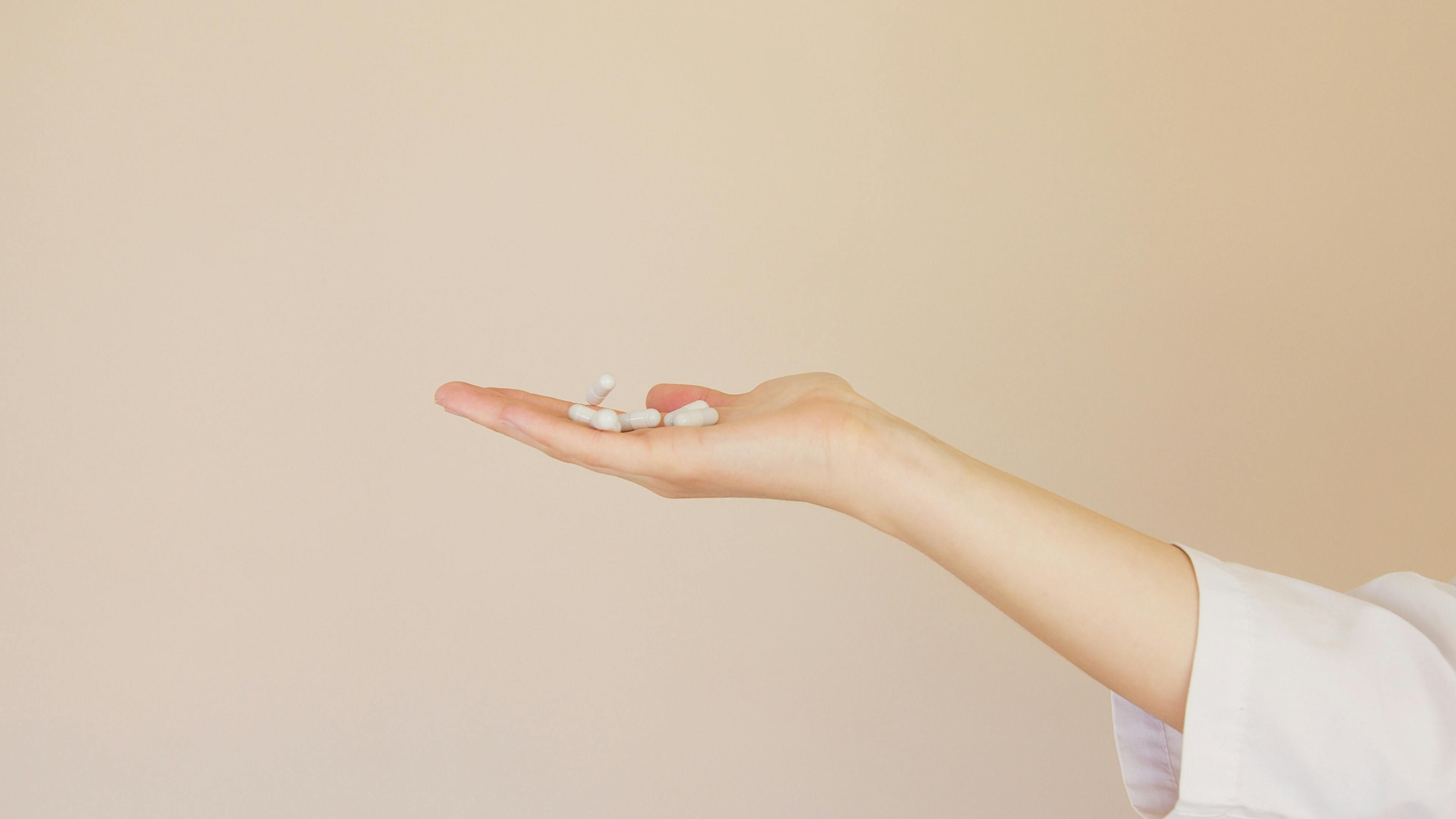
A significant misconception among consumers is that “natural” products are automatically safe. However, as reported by the National Institutes of Health, the natural origin of a product does not guarantee its safety. Many assume that because a supplement comes from a natural source, it is harmless, but this is not necessarily true. Natural substances can still be potent and carry risks, especially when taken in concentrated doses or without proper guidance.
Additionally, the efficacy and safety of supplements can vary widely. Just like any other product, natural supplements can have side effects, interact negatively with medications, and deliver unpredictable results. It’s important for consumers to approach natural supplements with the same caution as synthetic ones, researching their effects and consulting healthcare providers before use.
The FDA often finds some troubling issues when they inspect supplement manufacturers. According to a report from the Office of Dietary Supplements, it turns out a lot of these facilities aren’t sticking to the rules they should be. These rules, known as Good Manufacturing Practices (GMPs), are all about keeping the production environment clean, ensuring products are consistently made, and properly labeling them.
When manufacturers don’t follow these practices, it can lead to pretty serious safety issues. Think about things like unwanted contaminants in your supplements, incorrect labeling, or inconsistent amounts of active ingredients. All of this can be risky for your health, especially if you’re also taking other medications. That’s why it’s super important for these guidelines to be strictly enforced—so that people can trust the supplements they’re using are safe and reliable.
Did you know that mixing certain supplements with prescription drugs can actually land you in the emergency room? It’s more common than you might think. In fact, around 23,000 emergency visits in the U.S. each year are due to negative reactions between drugs and supplements, according to a study in the New England Journal of Medicine.
Here’s the deal: Supplements might seem harmless because they’re often natural, but they can pack a powerful punch. For instance, taking St. John’s Wort can mess with the effectiveness of birth control pills, possibly leading to unexpected pregnancies. Or, if you’re on blood thinners like warfarin, adding something like ginkgo could increase your risk of bleeding.
What often happens is people don’t think to chat about their supplement use with their doctor. This can lead to dangerous interactions because your doctor might not know to warn you about potential conflicts. Always be open with your healthcare provider about every supplement you’re taking. This simple step can help you steer clear of unwanted trips to the hospital and ensure your meds work as they should.
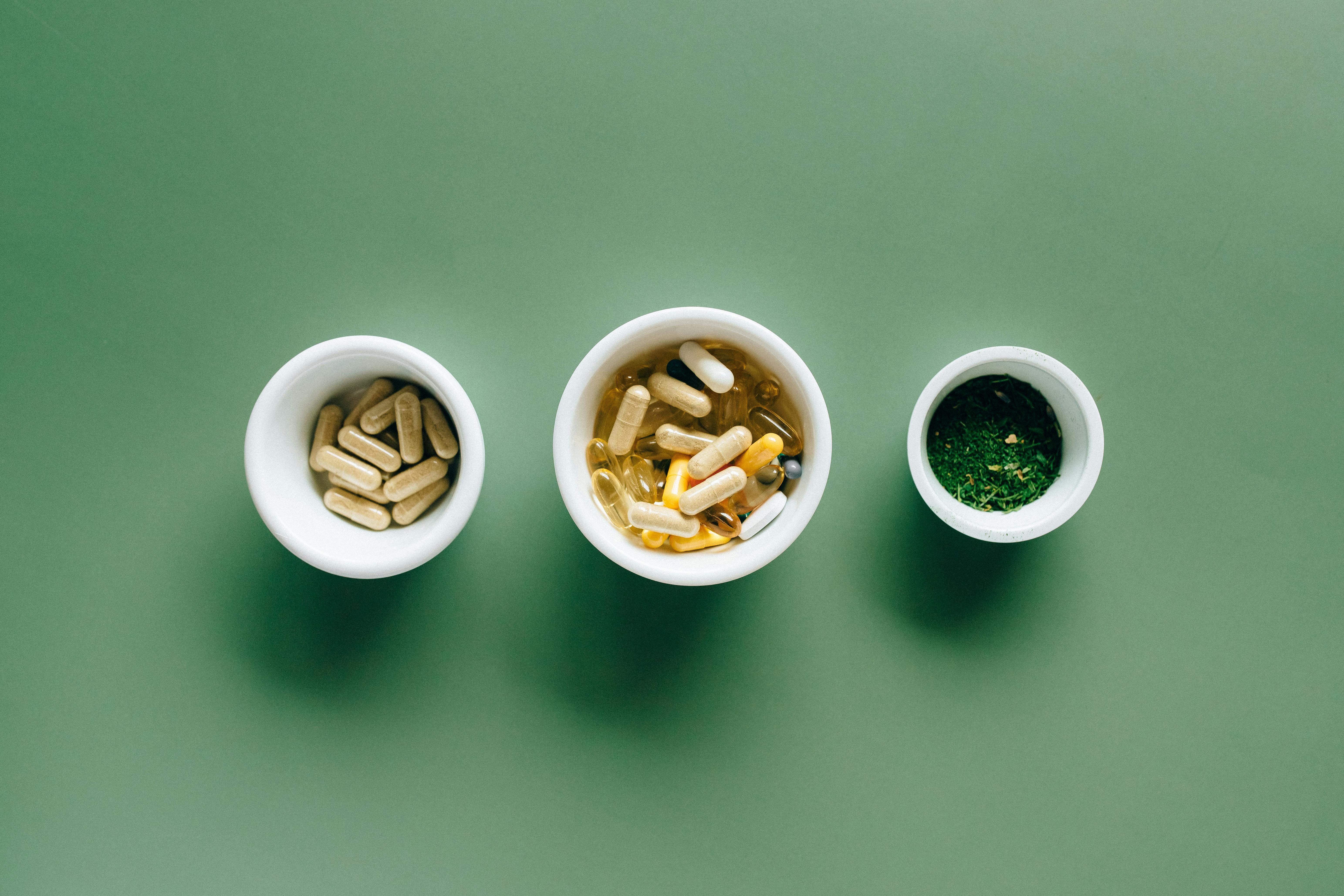
Ephedra was banned by the FDA in 2004 due to its severe health risks, including potentially fatal cardiovascular events like heart attacks and strokes. However, it can still pop up in some markets, especially in unregulated products from abroad, posing a danger to those unaware of its status.
Similarly, synephrine, found in “bitter orange,” is marketed as a safer alternative to ephedra, but it also carries serious risks. According to a Mayo Clinic report, synephrine can raise blood pressure and heart rate, potentially leading to cardiovascular issues, particularly in individuals with existing heart conditions or those taking high doses.
Both cases underline the importance of being cautious and well-informed about supplements, especially those that promise quick fixes like weight loss or boosted energy. Always check the source and consult healthcare professionals to steer clear of these risky ingredients.
The use of unregulated hormone supplements, especially for managing conditions like menopause, can be quite risky. These products may not always meet safety standards and could lead to severe complications, including increased risk of cancer. The Endocrine Society has issued a position statement explicitly warning against the use of non-prescribed hormone therapies due to these significant health risks. They stress that such treatments should only be used under the guidance of a healthcare professional who can properly assess their safety and efficacy.
Some examples of such supplements include:
When hormones are not correctly balanced or monitored, they can stimulate unwanted changes in the body, such as the growth of tumors.
Beauty supplements, popular for their claims to enhance hair, skin, and nails, frequently contain high levels of biotin, a B vitamin that is crucial for maintaining healthy hair and skin. However, excessive intake of biotin can lead to unintended consequences, particularly when it comes to medical testing. A study published in the Journal of the American Medical Association highlighted a significant issue where high levels of biotin in a person’s system could interfere with lab tests. This interference can skew results of various tests, including those for hormonal levels and cardiac markers, potentially leading to misdiagnoses or inappropriate medical responses.
For example, high biotin levels might falsely elevate or decrease results in tests for conditions like thyroid diseases or heart attacks. This misreading can lead to patients receiving incorrect treatments or missing critical interventions. Given these risks, it’s important for individuals taking beauty supplements to inform their healthcare providers about their biotin consumption, especially before undergoing laboratory tests. This precaution helps ensure accurate test results and appropriate medical care, preventing the complications that could arise from biotin interference in diagnostic procedures.
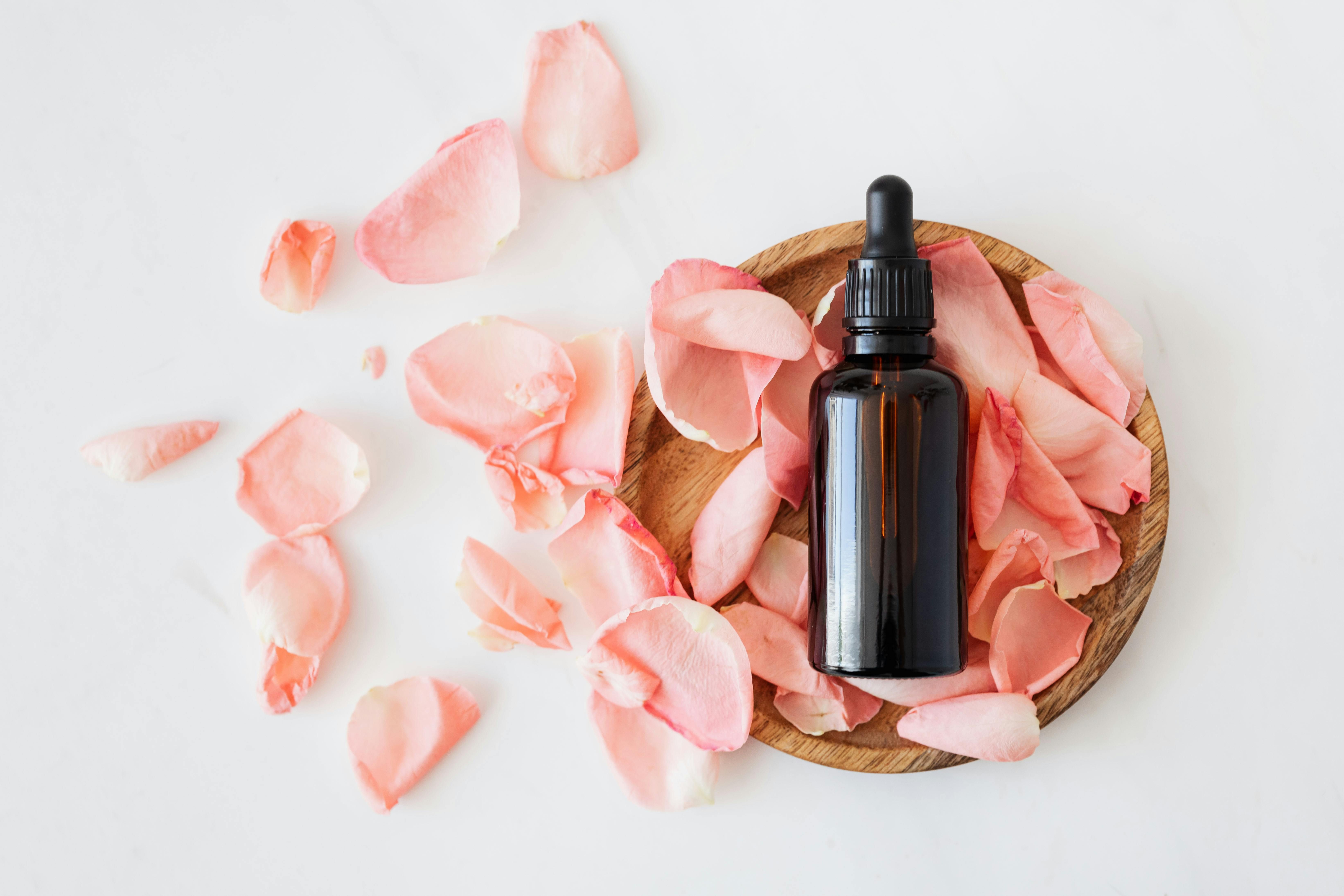
Energy boosters and pre-workout supplements, rich in stimulants like caffeine, can cause cardiovascular problems. A study in the Journal of the American Pharmacists Association outlined several incidents where excessive caffeine intake led to heart issues.
When it comes to picking safer supplements, it’s wise to stick with products that have a stamp of approval from trusted third-party testers like USP (United States Pharmacopeia), NSF International, or ConsumerLab. These groups do the heavy lifting to check that what’s on the label is what’s actually in the bottle, and they make sure there aren’t any nasty contaminants like heavy metals or pesticides.
So, how do they do it? These organizations really dig in—they test the ingredients to ensure they match what’s promised on the packaging, verify the product is free from harmful levels of contaminants, and check that the manufacturing process sticks to strict standards. For example, seeing a USP verification mark means that the supplement has been through rigorous tests and has met stringent requirements for purity and potency.
Choosing supplements with these validations can give you a bit more peace of mind. In a market where things aren’t always as regulated as prescription drugs, knowing that your supplements have passed these checks means you’re taking a big step toward safeguarding your health. It’s a simple move that can make a big difference in avoiding ineffective or potentially harmful products.
The dietary supplement market, while offering potential health benefits, poses significant risks, especially to women. Informed choices, skepticism, and professional consultation are crucial to navigating this complex industry safely. Prioritizing regulated and well-researched products, along with adopting a healthy lifestyle, remains the safest approach to achieving wellness goals.
By providing concrete references and expanding on the critical data points, this version of the article aims to enhance understanding and promote informed decisions among women regarding supplement use.
A: Many diet pills contain a mix of stimulants, herbs, and sometimes hormones that can have strong effects on your body. It’s important to check the ingredients and consult with a healthcare provider before trying new supplements, especially if they promise quick weight loss.
A: Yes, supplements aimed at enhancing beauty like skin and hair can sometimes have too much of certain nutrients, like biotin, which can interfere with lab tests or contain other unregulated substances that might be harmful.
A: It’s best to talk to your doctor before taking any supplements during pregnancy. Some ingredients found in supplements can be harmful to your developing baby, even if they are marketed as natural.
A: Yes, some supplements, especially those containing St. John’s Wort or certain herbs, can interfere with how well your birth control pills work. Always consult your healthcare provider before starting any new supplement.
A: Be cautious with weight loss supplements as they can contain powerful substances like caffeine or other stimulants that increase your heart rate and blood pressure. Some of these can be risky and even banned substances but still appear in online markets.
A: Yes, “natural” on a label doesn’t always mean it’s completely from nature. Some supplements labeled as natural can still have synthetic ingredients or additives. Always check the full ingredient list and do some research on the product.

When it comes to staying hydrated, electrolytes are the unsung heroes that keep your body balanced and energized, especially for active women. Whether...

Throughout history, cultures across the globe have embraced the healing power of beverages made from herbs, spices, and natural ingredients to promote...
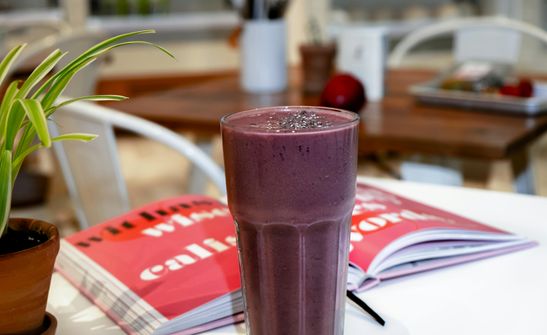
Smoothies are a great way to fuel your body with essential nutrients, but adding adaptogenic herbs can take your wellness routine to the next level. A...

Herbal teas have been cherished for centuries as natural remedies for promoting overall health and well-being. For women, in particular, herbal teas c...
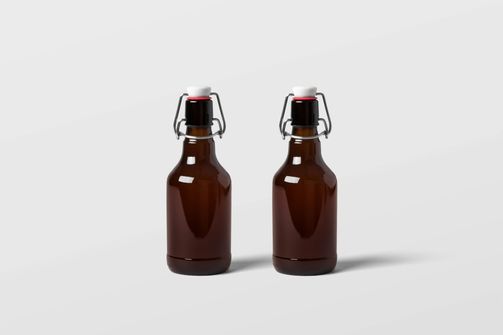
Fermented beverages like kombucha, kefir, and other probiotic-rich drinks are gaining popularity due to their powerful effects on gut health. These dr...